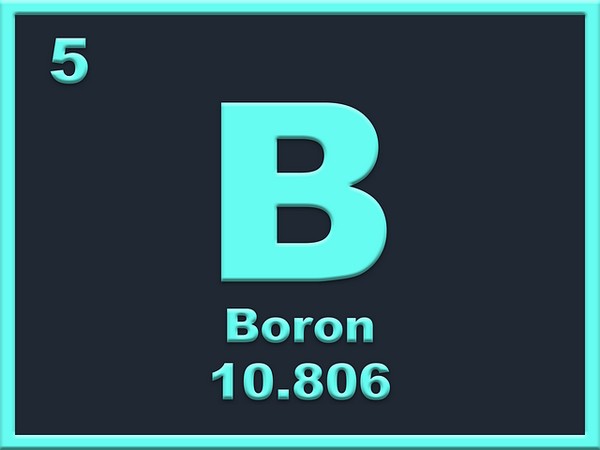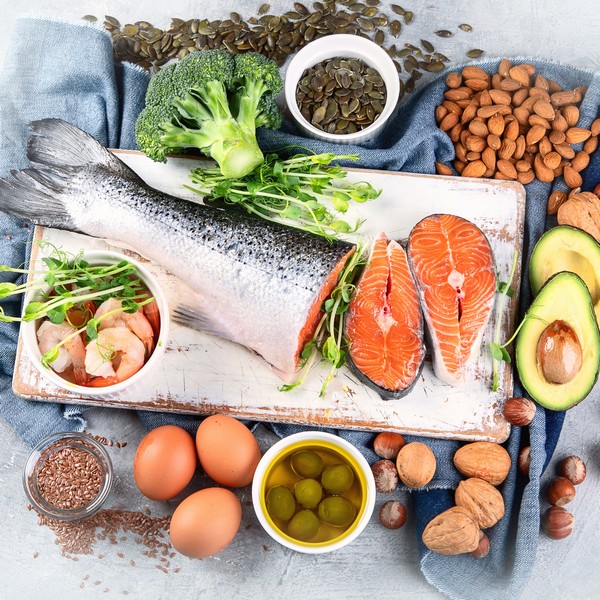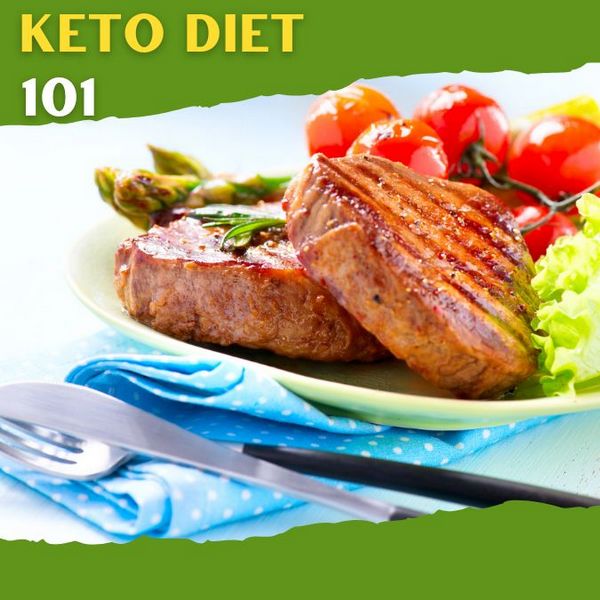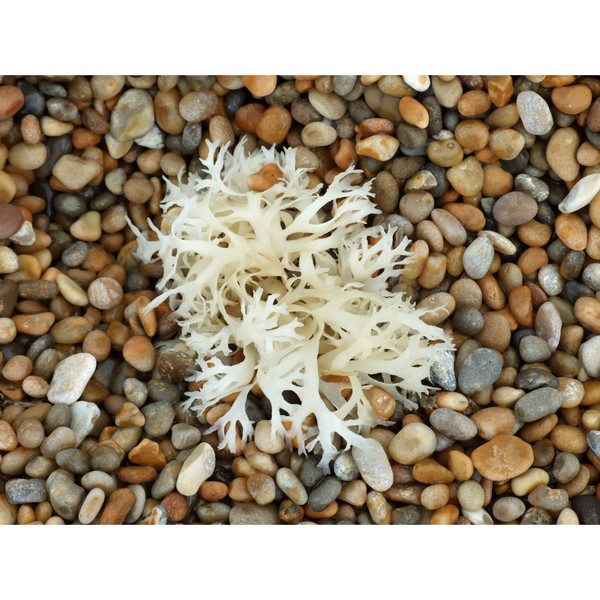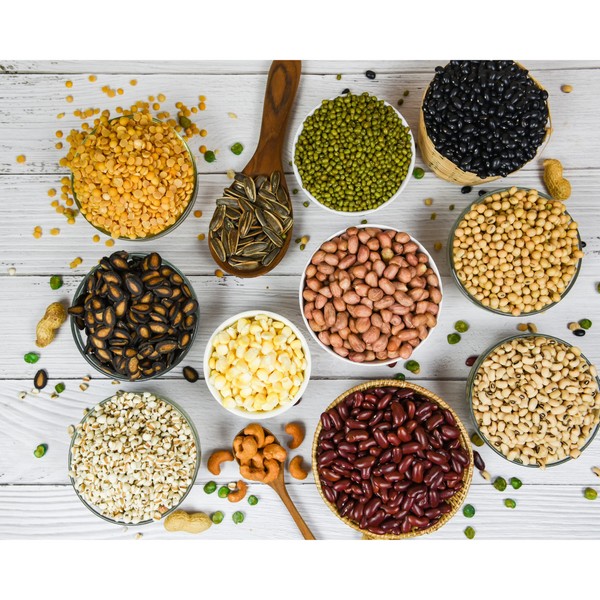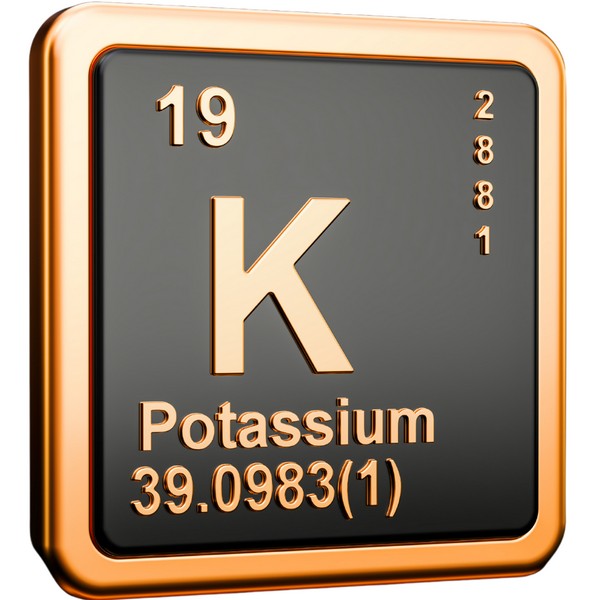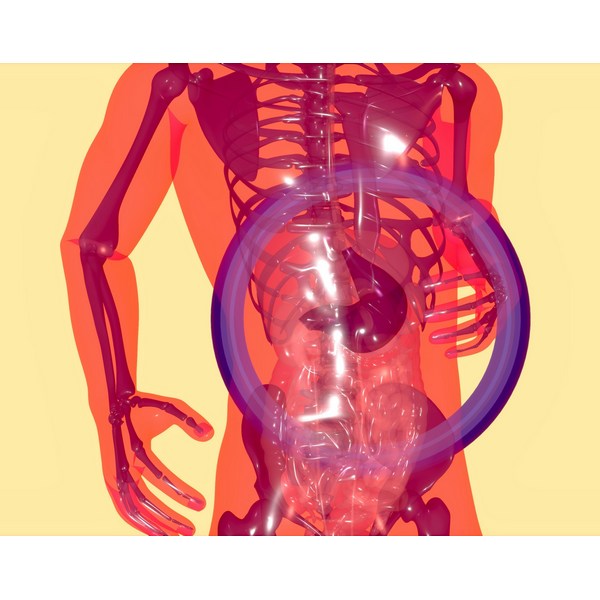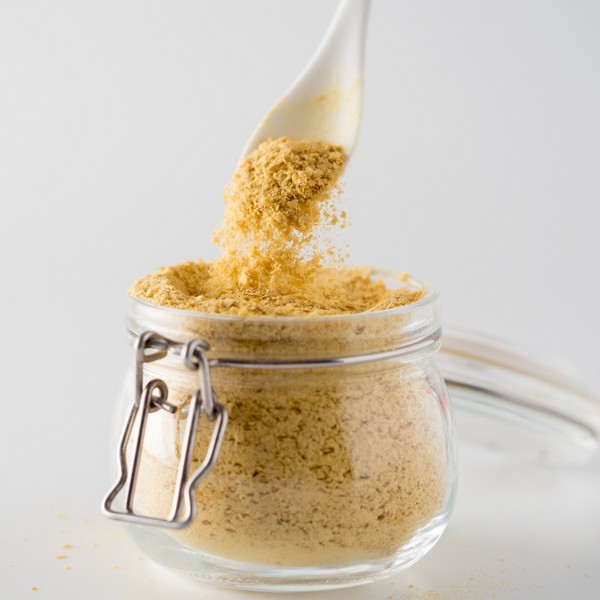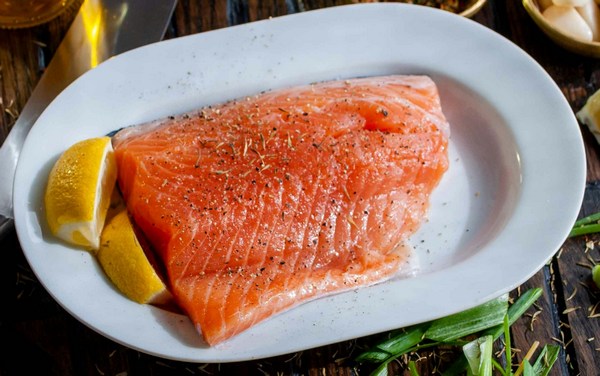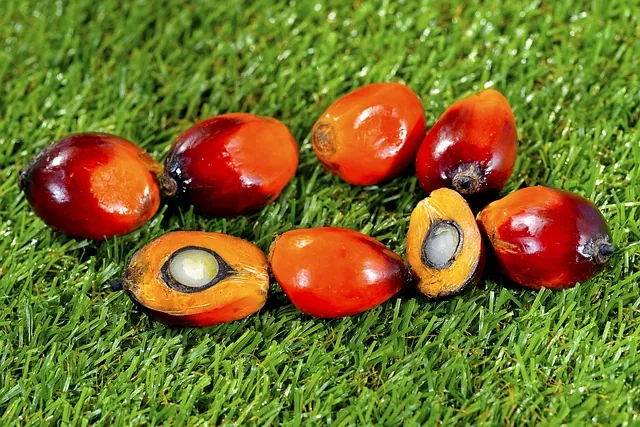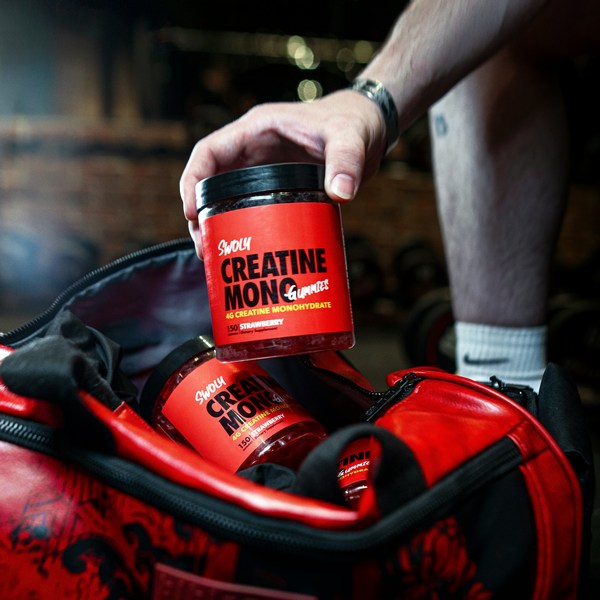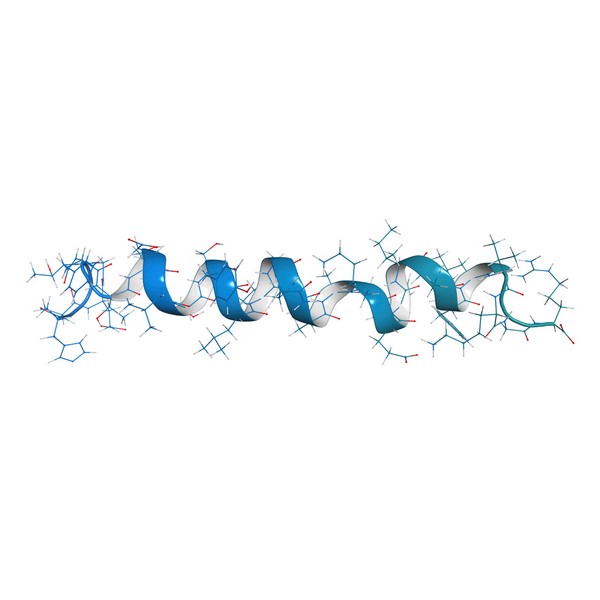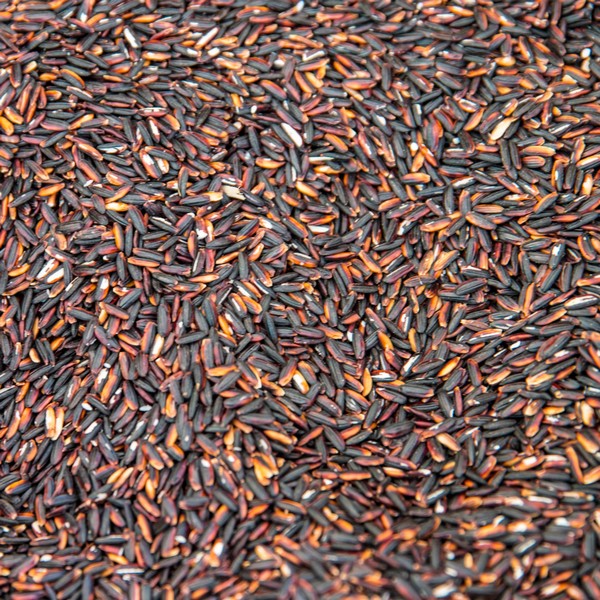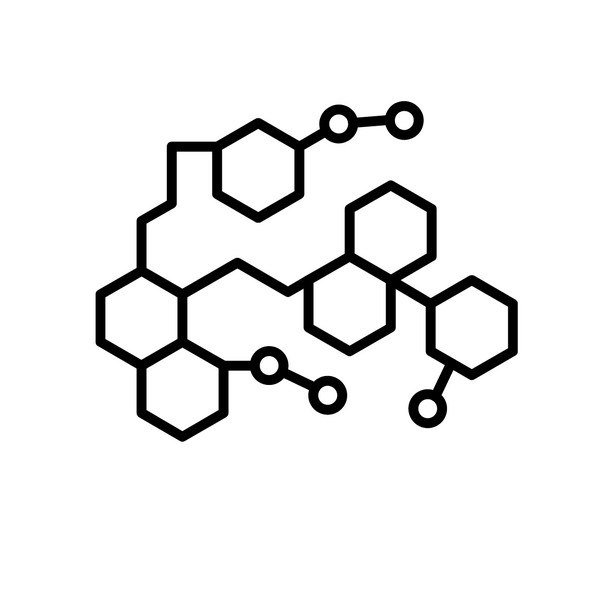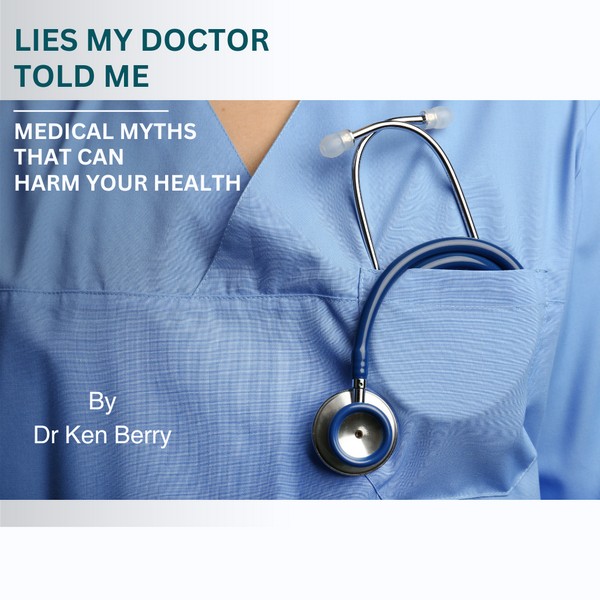Key Takeaways
- Saturated fats, like those found in butter, may not be as harmful as once thought and can be part of a healthy diet.
- Copper deficiency is linked to various heart disease risk factors, including high cholesterol and oxidative stress.
- Unhealthy fats, particularly trans fats found in processed foods, are detrimental to heart health.
- A balanced diet with the right types of fats and nutrient-rich foods is important for overall wellness.
The debate over whether butter and other saturated fats are harmful or beneficial has been ongoing for years.
Recent research has shed new light on the topic, highlighting the importance of understanding the different types of fats and their impact on health.
Understanding Fats

Types of Fats
Fats can be categorized into three main types: saturated, unsaturated, and trans fats. Each type of fat affects the body differently, making it important to understand their unique properties and health implications.
The Role of Fats in the Diet
Fats are essential for storing energy, maintaining cell structure, and producing hormones. They also help absorb fat-soluble vitamins like A, D, E, and K.
Saturated Fats: Not as Harmful as Once Thought
Recent research indicates that saturated fats, such as those found in butter, may not be as harmful as previously believed.
These studies suggest that moderate consumption of saturated fats can be part of a healthy diet without significantly increasing the risk of heart disease.
Nutritional Benefits of Butter
Butter is not only a source of saturated fat but also contains essential vitamins and minerals. It is rich in vitamin A, which is crucial for vision, immune function, and skin health.
Additionally, butter contains conjugated linoleic acid (CLA), which has been linked to various health benefits, including improved metabolism and reduced body fat.
Copper Deficiency and Heart Health

The Link Between Copper Deficiency and Heart Disease
Copper plays a key role in maintaining heart health. It is essential for producing red blood cells, maintaining healthy blood vessels, and supporting the immune system.
A deficiency in copper can lead to various heart disease risk factors, including high cholesterol and oxidative stress.
Ensuring adequate copper intake is vital for overall cardiovascular health.
The Dangers of Trans Fats
Trans fats, commonly found in processed foods, are detrimental to heart health. These fats increase so-called ‘bad cholesterol’ (LDL) and decrease good cholesterol (HDL), leading to a higher risk of heart disease.
Avoiding foods with trans fats and choosing healthier fat options is crucial for maintaining a healthy heart.
Adding Healthy Fats to Your Diet
Healthy fats are important for overall wellness. Focus on sources like butter, fatty cuts of meat, eggs, and full-fat dairy products.
These foods provide essential fatty acids and other nutrients that support heart health, brain function, and overall well-being.
The Science-backed Benefits of Natural Fats

Recent research has highlighted the importance of including healthy fats in our diet. Here are some examples of valuable dietary fats, and their benefits:
- Cod liver oil: High in omega-3 fatty acids and vitamins A and D; supports heart health, brain function, and immune system.
- Tallow: Rich in saturated fats and fat-soluble vitamins; can help protect the liver, brain, and nerves.
- Ghee: Source of medium-chain triglycerides and butyrate; supports digestive and immune health.
- Butter: Contains health-promoting CLAs, vitamins, and minerals; associated with improved metabolism and immune function.
- Olive oil: Rich in monounsaturated fats and antioxidants; may reduce cardiovascular disease risk and inflammation.
- Avocado oil: Good source of monounsaturated fats, vitamin E, and antioxidants; may help lower bad cholesterol levels and improve heart health.
Practical Tips for a Heart-Healthy Diet
Avoid Carbohydrates

Carbohydrates contribute to weight gain, increased blood sugar levels, and a higher risk of heart disease.
Reducing carbohydrate intake can help manage these risks and improve overall health.
Monitor Copper Intake:
Ensure your diet includes copper-rich foods like shellfish, organ meats, and beef liver to prevent deficiency and support heart health.
Enjoy Healthy Fats:
- Choose nutrient-dense sources
- Cod liver oil: High in omega-3 fatty acids and vitamins A and D; supports heart health, brain function, and immune system.
- Tallow: Rich in saturated fats and fat-soluble vitamins; can help protect the liver, brain, and nerves.
- Ghee: Source of medium-chain triglycerides and butyrate; supports digestive and immune health.
- Butter: Contains health-promoting CLAs, vitamins, and minerals; associated with improved metabolism and immune function.
- Moderate Dairy Fats: Include full-fat A2 dairy products like cheese, yogurt, and cream in your diet.
- Selective Plant-Based Fats: Include small amounts if you need more variety.
- Olive oil: Rich in monounsaturated fats and antioxidants; may reduce cardiovascular disease risk and inflammation.
- Avocado oil: Good source of monounsaturated fats, vitamin E, and antioxidants; may help lower bad cholesterol levels and improve heart health.
- Eliminate Processed Foods: Steer clear of foods high in trans fats and refined carbohydrates.
Our new paper just published!
— Isabella Cooper (@I_mitochondria) December 21, 2023
Another piece of the #LEM #LMHR puzzle supporting @realDaveFeldman @nicknorwitz @AdrianSotoMota @davidludwigmd hypothesis on LDLc response.
Thyroid markers and body composition predict LDL-cholesterol change in lean healthy women on a ketogenic… https://t.co/LEnBJmoQqC pic.twitter.com/6kF49vn8c8
Conclusion
Understanding the role of different fats and the importance of copper in heart health can help make better dietary choices. While butter and other saturated fats may not be as harmful as once thought, balancing them with other nutrient-dense foods and avoiding unhealthy fats is key to maintaining a healthy heart.
FAQs
What are the differences between saturated, unsaturated, and trans fats? Saturated fats are solid at room temperature and found in animal products. Unsaturated fats are liquid at room temperature and found in certain plant-based oils and fish. Trans fats are artificially created and found in processed foods.
Is butter really bad for your heart? Recent studies suggest that moderate consumption of butter may not be as harmful as previously believed, especially when balanced with other healthy fats.
How does copper deficiency affect heart health? Copper deficiency can increase cholesterol, oxidative stress, and inflammation, all of which are risk factors for heart disease.
What are the best sources of healthy fats? Healthy fats can be found in animal-based products like butter, ghee, and fatty cuts of meat, as well as in small amounts of nuts, seeds, and avocados.
How can I reduce unhealthy fats in my diet? Avoid processed foods high in trans fats and focus on whole, unprocessed foods rich in beneficial animal fats.
Research
Albrink, M.J., Lavietes, P.H., & Man, E.B. (1963). Vascular disease and serum lipids in diabetes mellitus: Observations over thirty years (1931-1961). Ann Intern Med, 58, 305-323.
https://pubmed.ncbi.nlm.nih.gov/14011776/
Allen, F.M., Stillman, E., & Fitz, R. (1919). Total dietary regulation in the treatment of diabetes. Monograph 11. Rockefeller Institute for Medical Research.
Banting, F.G., & Best, C.H. (1922). The internal secretion of the pancreas. J Lab Clin Med, 7, 465–480.
Baker, S., 2019. The carnivore diet. Victory Belt Publishing.
Broom GM, Shaw IC, Rucklidge JJ. The ketogenic diet as a potential treatment and prevention strategy for Alzheimer's disease. Nutrition. 2019 Apr;60:118-121.
https://pubmed.ncbi.nlm.nih.gov/30554068/
Brinkworth GD, Buckley JD, Noakes M, Clifton PM, Wilson CJ. Long-term effects of a very low-carbohydrate diet and a low-fat diet on mood and cognitive function. Arch Intern Med. 2009 Nov 09;169(20):1873-80.
https://pubmed.ncbi.nlm.nih.gov/19901139/
Byrne P, Demasi M, Jones M, Smith SM, O’Brien KK, DuBroff R. Evaluating the Association Between Low-Density Lipoprotein Cholesterol Reduction and Relative and Absolute Effects of Statin Treatment: A Systematic Review and Meta-analysis. JAMA Intern Med. 2022;182(5):474–481. doi:10.1001/jamainternmed.2022.0134
Choi YJ, Jeon SM, Shin S. Impact of a Ketogenic Diet on Metabolic Parameters in Patients with Obesity or Overweight and with or without Type 2 Diabetes: A Meta-Analysis of Randomized Controlled Trials. Nutrients. 2020 Jul 06;12(7).
https://pubmed.ncbi.nlm.nih.gov/32640608/
Dhillon KK, Gupta S. StatPearls [Internet]. StatPearls Publishing; Treasure Island (FL): Feb 6, 2023. Biochemistry, Ketogenesis.
https://www.ncbi.nlm.nih.gov/books/NBK493179/
Gardner CD, Landry MJ, Perelman D, Petlura C, Durand LR, Aronica L, Crimarco A, Cunanan KM, Chang A, Dant CC, Robinson JL, Kim SH. Effect of a ketogenic diet versus Mediterranean diet on glycated hemoglobin in individuals with prediabetes and type 2 diabetes mellitus: The interventional Keto-Med randomized crossover trial. Am J Clin Nutr. 2022 Sep 02;116(3):640-652.
https://pubmed.ncbi.nlm.nih.gov/35641199/
Grotto D, Zied E. The Standard American Diet and its relationship to the health status of Americans. Nutr Clin Pract. 2010 Dec;25(6):603-12.
https://pubmed.ncbi.nlm.nih.gov/21139124/
Guzel O, Uysal U, Arslan N. Efficacy and tolerability of olive oil-based ketogenic diet in children with drug-resistant epilepsy: A single center experience from Turkey. Eur J Paediatr Neurol. 2019 Jan;23(1):143-151.
https://pubmed.ncbi.nlm.nih.gov/30497921/
Hernández F. Glycolysis and gluconeogenesis: A teaching view. J Biol Chem. 2021 Jan-Jun;296:100016.
https://www.ncbi.nlm.nih.gov/pmc/articles/PMC8289105/
Krebs HA. Gluconeogenesis. Expos Annu Biochim Med. 1965;26:13-30.
Micha R, Peñalvo JL, Cudhea F, Imamura F, Rehm CD, Mozaffarian D. Association Between Dietary Factors and Mortality From Heart Disease, Stroke, and Type 2 Diabetes in the United States. JAMA. 2017 Mar 07;317(9):912-924.
O'Neill B, Raggi P. The ketogenic diet: Pros and cons. Atherosclerosis. 2020 Jan;292:119-126.
Oh R, Gilani B, Uppaluri KR. StatPearls [Internet]. StatPearls Publishing; Treasure Island (FL): Aug 17, 2023. Low-Carbohydrate Diet
Phillips MCL, Murtagh DKJ, Gilbertson LJ, Asztely FJS, Lynch CDP. Low-fat versus ketogenic diet in Parkinson's disease: A pilot randomized controlled trial. Mov Disord. 2018 Aug;33(8):1306-1314.
Ramsden, C.E., Zamora, D., Majchrzak-Hong, S., Faurot, K.R., Broste, S.K., Frantz, R.P., Davis, J.M., Ringel, A., Suchindran, C.M. and Hibbeln, J.R., 2016. Re-evaluation of the traditional diet-heart hypothesis: analysis of recovered data from Minnesota Coronary Experiment (1968-73). BMJ, [online] p.i1246.
https://doi.org/10.1136/bmj.i1246.
Roehl K, Falco-Walter J, Ouyang B, Balabanov A. Modified ketogenic diets in adults with refractory epilepsy: Efficacious improvements in seizure frequency, seizure severity, and quality of life. Epilepsy Behav. 2019 Apr;93:113-118.
Rodell A, Rasmussen LJ, Bergersen LH, Singh KK, Gjedde A. Natural selection of mitochondria during somatic lifetime promotes healthy aging. Front Neuroenergetics. 2013;5:7.
Tobias DK, Chen M, Manson JE, Ludwig DS, Willett W, Hu FB. Effect of low-fat diet interventions versus other diet interventions on long-term weight change in adults: a systematic review and meta-analysis. Lancet Diabetes Endocrinol. 2015 Dec;3(12):968-79.
Włodarek D. Role of Ketogenic Diets in Neurodegenerative Diseases (Alzheimer's Disease and Parkinson's Disease). Nutrients. 2019 Jan 15;11(1).
Zhu H, Bi D, Zhang Y, Kong C, Du J, Wu X, Wei Q, Qin H. Ketogenic diet for human diseases: the underlying mechanisms and potential for clinical implementations. Signal Transduct Target Ther. 2022 Jan 17;7(1):11.
https://pubmed.ncbi.nlm.nih.gov/35034957/
Conjugated Linoleic Acid (CLA): Benefits & Sources
Key Takeaways CLA is a type of fatty acid found primarily in animal products like beef and dairy. Known for potential benefits such as weight…
Eggs: A Comprehensive Guide
Key Highlights Eggs are a nutritional powerhouse, containing all the essential vitamins and minerals needed for overall health. Vital role in a balanced diet, providing…
Whole Food Vitamin C Complex: Expert Tips for Health
Key Highlights Whole food vitamin C complex is essential for a strong immune system and overall health. Unlike synthetic ascorbic acid, whole food vitamin C…
Boron: Benefits of a Lesser-Known Mineral
Key Takeaways Boron is a trace mineral with significant health benefits. It supports brain function, bone health, and hormonal balance. Understanding boron’s role can improve…
The Impact of Ultra-Processed Foods on Your Wellbeing
Every bite we take is a step toward either wellness or illness. In our fast-paced world, ultra-processed foods have become a staple, silently shaping our…
ALA vs. DHA & EPA Omega-3: Why Source Matters
Key Takeaways ALA (Alpha-Linolenic Acid) is found in flaxseeds, chia seeds, and walnuts, but converts poorly to DHA and EPA. DHA and EPA are critical…
Vitamin A (Retinol): Essential Nutrient for Health
Key Takeaways: Natural Vitamin A, also known as Retinol, is crucial for vision, immune function, and skin health. Retinol is essential for healthy vision, particularly…
Silica: for Healthier Skin, Hair, and Nails
Allulose: The Best Sugar Alternative
Key Takeaways Allulose is a low-calorie sweetener found naturally in some fruits. It does not raise blood sugar levels, making it suitable for diabetics. Allulose…
Tallow: Benefits, Uses, and Nutrition
Key Takeaways: Tallow is a nutrient-rich animal fat with many practical uses. It contains valuable vitamins such as A, D, E, and K. Tallow is…
Keto Diet 101: A Complete Beginner’s Guide
Key Highlights The ketogenic diet is a low-carb, high-fat diet that can lead to weight loss and has many health benefits. By reducing carbohydrate intake…
Berberine Has 11 More Incredible Benefits Than You Thought
Berberine is a compound found in several plants that has been used for centuries in traditional Chinese medicine and Ayurveda. It has recently gained popularity…
Healthy Fat: is Butter Better?
Key Takeaways Saturated fats, like those found in butter, may not be as harmful as once thought and can be part of a healthy diet….
Medium Chain Triglycerides (MCTs): Uncovering 5 Health Benefits
This potent, natural source of energy has gained considerable attention in recent years for its impressive array of benefits. MCT oil is a versatile addition…
How Collagen Supports Healthy Skin, Joints, and More
Key Takeaways Collagen is the most abundant protein in the body, supporting the structure of skin, bones, and connective tissues. It helps maintain skin elasticity,…
8 Key Signs of Nutrient Deficiency
Key Takeaways Magnesium: A multitasker that aids in over 300 biochemical reactions in the body. Copper: Supports neurological function, cardiovascular and immune system health, iron…
Benefits of Sea Moss Explained
Key Takeaways Rich in Nutrients: Sea moss is packed with essential vitamins, minerals, and antioxidants, supporting overall health and wellness. Supports Immune Function: Its high…
Copper: Little-Known Health Benefits
Key Takeaways Copper is an essential trace mineral with benefits, including ceruloplasmin production, energy production and antioxidant properties. Copper is critical for brain health by…
Liver: 5 Surprising Benefits Backed by Science
Hold on! Don’t run away! You need to read this. Liver is a highly nutritious organ meat that is often overlooked in modern diets. Packed…
Protein: You probably need more
Key Takeaways Protein is needed for building and repairing body tissues. It supports muscle growth, immune function, and hormone production. Bioavailable sources of protein include…
Calcium Supplements: What You Need to Know
Key Takeaways Calcium supplements have been linked to heart disease and kidney stones. Excess calcium from supplements can lead to imbalances and health issues. Natural…
Postbiotics: What They Are and Why They Are Important
Key Takeaways Postbiotics 101: They’re beneficial by-products from probiotics that consume prebiotics Boosts Immunity: Postbiotics sharpen your immune system, helping fight off pathogens and reducing…
Cholesterol Misconceptions: Separating Fact from Fiction
Key Takeaways: High inflammation and blood pressure are major risk factors for heart disease. Cholesterol is vital for hormone production, cell membrane structure, and digestion,…
5-HTP: Natural Ways to Boost Serotonin and Improve Mood
Key Takeaways: 5-HTP is a natural compound that helps boost serotonin levels in the brain. It can support mood regulation, sleep improvement, and stress reduction….
Grains & Legumes Secretly Harming Your Health? Find Out Now!
Key Takeaways: – Grains and legumes contain antinutrients like lectins and phytic acid, which can interfere with nutrient absorption. – These foods may trigger digestive…
Potassium: Benefits & Sources
Key Takeaways Potassium is essential for regulating fluid balance, nerve signals, and muscle function. It supports heart health and helps maintain proper blood pressure. Adequate…
Magnesium: Better Sleep, Stress Relief and More
Natural Treatment for Irritable Bowel Syndrome (IBS): Effective Remedies Explored
Understanding IBSSymptoms of IBSRole of Diet in IBSNatural Remedies for IBSSupplements for IBSRole of Probiotics in IBSFrequently Asked Questions Understanding IBS Irritable Bowel Syndrome (IBS)…
TUDCA Benefits for Health
Key Takeaways TUDCA promotes liver health, aiding cell protection and repair. Enhances digestion by improving bile flow and supporting gut health. May protect brain health…
13 Most Dangerous Foods Revealed
Key Highlights Fugu, or pufferfish, is one of the most poisonous foods in the world, with its organs containing a neurotoxin that can paralyze motor…
Trimethylglycine TMG: Betaine Anhydrous Explained
Key Takeaways Betaine Anhydrous (TMG) is a compound found naturally in various foods and offers several health benefits. TMG supports liver health by reducing fatty…
11 Electrifying Health Benefits of Trace Minerals
What are Trace Minerals?The Major Roles of Trace MineralsSources of Trace MineralsDeficiencies in Trace MineralsThe Impact of Trace Minerals on Specific Health ConditionsFrequently Asked Questions…
Iron Overload: Symptoms & Prevention Tips
Key Takeaways: Iron overload happens when the body absorbs excessive iron, which can damage organs. Common symptoms include fatigue, joint pain, and skin changes. Early…
Benefits of Nutritional Yeast
Key Takeaways Nutritional yeast is a rich source of vitamins and minerals. It supports immune function and promotes skin health. Its cheesy flavor makes it…
5 Major Benefits of Omega-3 Fatty Acids
Key Takeaways Omega-3 fatty acids support heart health by reducing triglycerides and lowering blood pressure. They play an important role in brain function and development,…
L-Carnitine: Benefits, Dosage, and Side Effects
Key Takeaways L-Carnitine supports fat metabolism and energy production. Benefits include enhanced exercise performance and improved heart health. Proper dosing minimizes potential side effects. Understanding…
How Cod Liver Oil Can Transform Your Health and Wellness
Cod liver oil has been used for centuries as a natural remedy for various health conditions. Packed with essential nutrients and fatty acids, cod liver…
CoQ10: What Is It and Why Is It Important?
Key Takeaways CoQ10 (Coenzyme Q10) is an antioxidant produced by the body, essential for energy production in cells. Levels of CoQ10 naturally decrease with age…
Spirulina: Health Benefits and Uses
Key Takeaways Spirulina boosts immune function with its high nutrient content and antioxidant properties. Rich in proteins and essential vitamins, enhances overall nutrition. Helps reduce…
Red Palm Oil: Unveiling The Potent Health Benefits
Struggling to find the right oil for your health and kitchen? Red palm oil is packed with nutrients that might just be what you need….
Do This! The Ultimate Guide to Fasting Safely and Effectively
In our increasingly busy lives, finding time to take care of our bodies can often take a backseat. One method that has gained attention recently…
Is Eating Sugar Really That Bad For Your Health?
Should You Really Be Concerned? In short, YES! Thank you, that’s all folks, and do have a good evening. Seriously though, extensive research has established…
Actual Superfoods: Real Foods You Should Be Eating
Key Takeaways Superfoods are nutrient-dense foods, offering essential vitamins, minerals, and fats. Prioritize high-quality sources for optimal nutrition. They support overall health, boost energy, and…
Zinc Supplements: Risks and Dangers
Key Takeaways Zinc supports immunity, wound healing, and cell growth. High zinc supplement doses can cause health problems. Always consult a healthcare provider before taking…
Carnivore Diet: Benefits, Risks, Food List & More
Key Takeaways The carnivore diet is a keto diet that only allows for animal-based foods, and has potential health benefits. Tips for success include hydrating,…
What You Need to Know About Salt and Your Health
Table of ContentsThe Health Benefits of Unrefined Sea SaltElectrolyte BalanceMineral ContentImproved HydrationBoosted Energy LevelsImmune SupportImproved DigestionBalanced pH LevelsReduced Water RetentionHeart Health SupportStronger Bones and TeethEnhanced…
Creatine Myths Debunked: Separating Fact from Fiction
Key Takeaways Common myths about creatine, such as it causing kidney damage, weight gain, and being a steroid, are widespread but unsupported by scientific evidence….
6 Best Natural Ways to Manage Your Blood Sugar: A Quick & Easy Guide
1. Intermittent fasting2. Exercise3. Dietary fiber4. Sleep5. Weight loss6. SupplementationBioclinic NaturalsPGX BiotiquestSugar Shift Every time you eat it, it’s plotting something sinister. Sugar isn’t as…
Taurine: The Mighty Amino Acid for Optimal Health
Key Takeaways Taurine supports heart health, regulates blood pressure, and reduces oxidative stress. Essential for muscle function, brain health, and cognitive function. Aids in insulin…
Increase GLP-1 Agonists Naturally
L-Glutamine and Gut Health: Benefits and Side Effects
Key Takeaways L-Glutamine is essential for gut health. Benefits include improved digestion and reduced inflammation. Potential side effects are rare but can occur in high…
Vitamin E Complex
Key Takeaways Vitamin E is a powerful antioxidant that protects cells from oxidative damage, reducing the risk of chronic diseases. The vitamin E complex includes…
How Stabilized Rice Bran Supports Digestive & Heart Health
Key Takeaways – Stabilized rice bran is a nutrient-rich source of vitamins, minerals, and antioxidants. – The stabilization process prevents rancidity, making it a long-lasting…
Bee Pollen: Nature’s Secret Superfood
Key Takeaways Bee pollen is packed with essential nutrients and offers numerous health benefits. It supports immune function, boosts energy, and promotes overall well-being. Adding…



